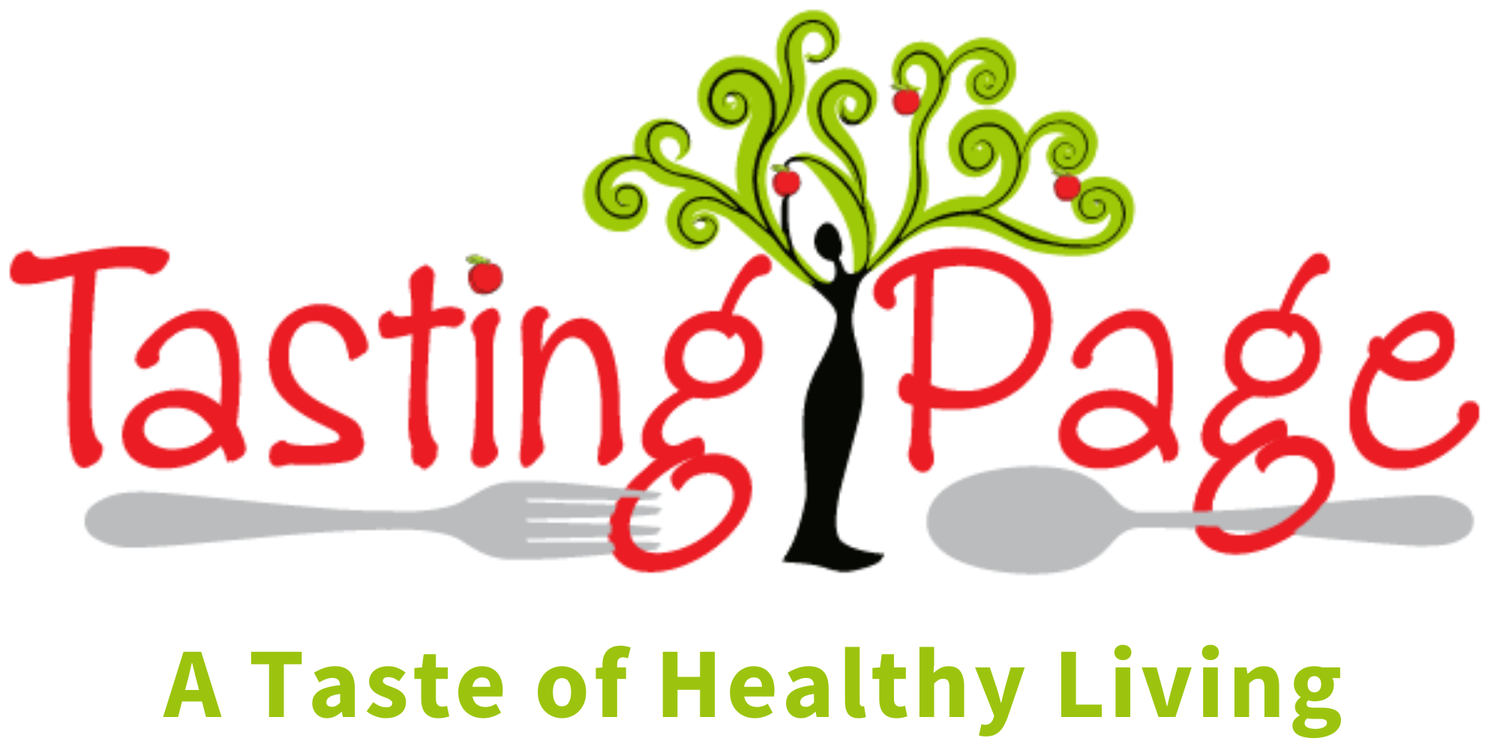Perimenopause Symptoms and the Best Natural Treatments
/Perimenopause can negatively affect the life of a woman over 40, but it doesn’t have to. Learn the best natural treatments for perimenopause symptoms.
Ladies, if you’re in your 40s, chances are that you’ve experienced some perimenopause symptoms.
You could also be in your 30s or even 50s and have perimenopause symptoms.
As a woman, when you enter midlife, you may undergo a series of health changes that can have a profound impact on your quality of life. The good news is that there’s a lot you can do to make sure perimenopause doesn’t change your energy, your weight, or your joie de vivre.
Perimenopause and Menopause Timing
Perimenopause and menopause are actually two different stages for women.
Perimenopause can last up to ten years and ends when you haven’t had your period for one year.
After the one-year mark of not bleeding, you’re officially in menopause.
The average age women in the US experience menopause is 51. And look on the bright side, you can’t get pregnant once you’re in menopause!
Most women will start experiencing perimenopause symptoms in their mid-40s. This is often when important hormones like estrogen and progesterone begin to drop and fluctuate in relation to each other, creating an imbalance. Seemingly random disturbances can occur leaving you frustrated, fatigued, and feeling like a different person.
Understanding the body’s changes as a woman in perimenopause can help you address the root causes so you can continue to thrive for decades to come.
Symptoms of Perimenopause
The symptoms of perimenopause can be varied and vast. Some women have very mild issues while others have many more difficult challenges.
It can be helpful to see what symptoms fall under the perimenopause umbrella to understand the transitions that can occur and can be associated with this natural aging process.
Metabolism slows down
Muscle mass decreases
Weight increase
Bone loss
Brain fog
Body (and belly) fat increase
More insulin resistant
Digestive enzymes decrease
Collagen decreases
Hair thins
Anxiety
Fatigue
Loss of libido
Hormone decrease and imbalance
Joint and muscle pain
Hot flashes
Night sweats
Headaches
Heart palpitations
Irregular periods and bleeding
Vaginal dryness
Urinary issues
Loss of skin elasticity
Mood swings
Sleep disturbances and insomnia
Best Natural Treatments for Perimenopause Symptoms
While the list of possible perimenopause symptoms is long and not so fun, with careful attention to things like diet, exercise, sleep, and mindset, you can still thrive as a woman in midlife.
Exercise
Since your metabolism and muscle mass begin to decrease over the age of 40, exercise is essential.
Lifting weights is a great way to build muscle and start burning more fat. A barre class can be helpful for a low-impact practice to sculpt every muscle of your body and get you feeling stronger and more balanced.
Lifting heavier weights can also be helpful in getting definition and strength and creating the muscle to burn more calories.
Another metabolism boost is to do a cardio workout to elevate your heart rate. Walk, run, skip, box, dance, garden, practice yoga. Just get moving and try to move for at least 30 minutes 3-5 times each week.
Studies have shown that HIIT, high-intensity interval training, can help women lose weight, fat, and body mass. HIIT includes short but impactful bursts of quick movement like burpees, pushups, and mountain climbers. You give it your all during the exertion and then recover quickly between.
Not only is exercise good for your waistline, but it will also help release endorphins for a bonus mood lift - something most women in perimenopause are in desperate need of.
Another plus of moving your body is better sleep. When you’ve exhausted yourself, your sleep can be sounder than if you laid on the couch all day.
A study in 2009 found that yoga helped people eat more mindfully and gain less weight. Being more conscious of your food and hunger levels can help with your overall food intake and avoiding mindlessly eating or when full.
Pay attention to how you feel after you exercise. If you’re completely depleted and worn out, you may actually be over-excising, which can cause even more stress on the body.
Listen to your body. If you need a nap after doing HIIT, then focus on more resistance training and lower impact exercise like barre, or yoga.
It’s always good to check with your doctor before starting any new physical practices, especially something more rigorous like HIIT.
Food
Your diet plays a huge role in your health as a woman over 40. Eating the right ingredients can often help alleviate perimenopause symptoms.
You become more insulin resistant as you get older. Your ability to process sugar and carbs is greatly reduced. When you can’t process and store carbs for energy use, it turns to fat.
It’s a cruel twist of events because as a middle-aged woman, you’re dealing with imbalanced hormones which can often lead to sugar and carb cravings. And if you give in to those urges for bread and pasta, you’ll get a big blood sugar spike, followed by excess insulin that can lead to fat taking up residence around the midsection.
That’s why it’s crucial to keep your blood sugar stable. How you do that is by balancing your meals with the right ingredients which include healthy fats, protein, and low-carb vegetables. Sorry, but muffins and cookies aren’t on the blood sugar stabilization list, and sadly neither is drinking a lot of alcohol.
These are my favorite guidelines for healthy eating that will also help you stay healthy through midlife and beyond.
Many women in perimenopause have seen benefits from intermittent fasting. Restricting your eating to a specific window of time like Noon-6pm can help the body stabilize insulin and boost metabolism. Even just avoiding snacking between meals can assist with blood sugar regulation.
Perimenopausal women have also reported feeling better by adopting a Paleo or Ketogenic Diet. These diets rely on unprocessed, whole food and they avoid refined sugar and carbs, making them helpful to keep blood sugar stable.
Drinking clean, filtered water between meals will also help remove toxins and waste from the body. You’ll get the added bonus of improved digestion, better skin, and increased regularity.
If you want more information on how to avoid that midlife middle, download the free resource below.
Reduce Stress
Reading the list of symptoms in perimenopause is enough to create stress in an already overstimulated life of a woman over 40.
Finding time to reduce stress is as essential to healthy living as eating a good diet and exercising.
When your stress level goes up, your cortisol increases, which in turn can raise your blood sugar and eventually lead to weight gain, hitting your midsection again.
So yeah, stress can cause weight gain, but luckily there’s actually food and specific ingredients that are helpful for calming anxiety and getting the blood sugar levels back in balance.
One of my favorite stress reducers is meditation (here’s how to meditate). Meditation has been proven to reduce cortisol in the body.
Know what happens when you reduce your cortisol? Your stress levels go down. That in turn can reduce your risk of many stress-related diseases.
Sleep
Sometimes I think it’s a cruel joke to tell a woman in perimenopause to get better sleep.
Of course you want to sleep better.
But you CAN’T.
You can’t fall asleep
You can’t stay asleep
You get up to go to the bathroom a bunch of times
You’re having hot flashes and night sweats
You can’t stop spinning in your head
The thing about sleep is that it helps with energy and hormone balance. Quality sleep can also assist with keeping your appetite in check so you definitely want your quality zzz’s.
Many of the things discussed above will help with getting a good night’s sleep like eating a balanced diet with minimal sugar, exercising, dropping stress, and meditating.
The timing of your last meal of the day can also impact your sleep. In order to keep the all-important blood sugar stable, you’ll want to give your body time to process everything you’ve eaten.
The same goes for alcohol which only makes the symptoms of perimenopause more pronounced. It all goes back to keeping your blood sugar stable.
Finish your food and drinks two to three hours before you go to sleep for sounder sleep that won’t have you waking up in the middle of the night.
If hot flashes are keeping you from sleeping well, try and keep your room cool and wear loose-fitting, moisture-wicking clothing.
For more sleep ideas from reducing your blue light to setting a sleep routine, have a read.
Additional Help
If you want more help treating perimenopause symptoms, apply for one-on-one health coaching so you can thrive as a woman in midlife and beyond.
And join my free Facebook Group, Healthier (& Happier) Over 40 to learn more ways to keep your energy high and your waistline low.























